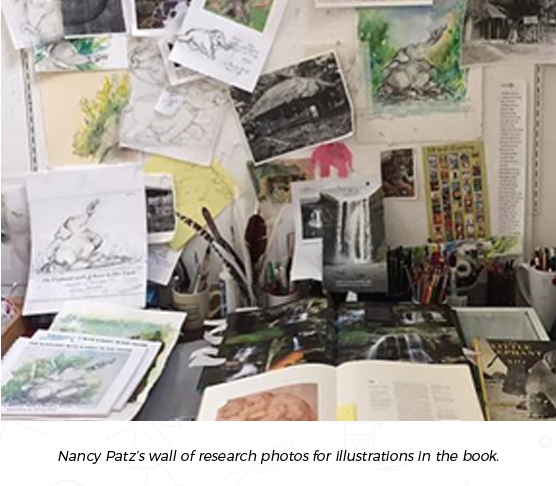
Many so-called childhood “learning problems” are rooted in the bullying and teasing children may experience at the hands of their peers. Being seen as “different” often engenders unkind, even cruel, behavior, which often naturally causes feelings of rejection and inadequacy on the part of the child being attacked.
While this behavior is prevalent among children, we all know this also exists in the broader society. Disrespect among people seems to be stronger than ever, and the effects on our children are disturbing.
If we as teachers and parents instruct our children and recognize ourselves, that we each are different and have different strengths, that being different is a normal part of life and not an aberration -- we might well be able to erase many of these acts of disrespect and cruelty.
This perceptive, insightful book addresses these occurrences from the standpoint of a physical disability. Tracing Kofi’s life, we see him develop a meaningful way to deal with his disability.
Through his own actions we see him learn to appreciate his own true value and self-worth.